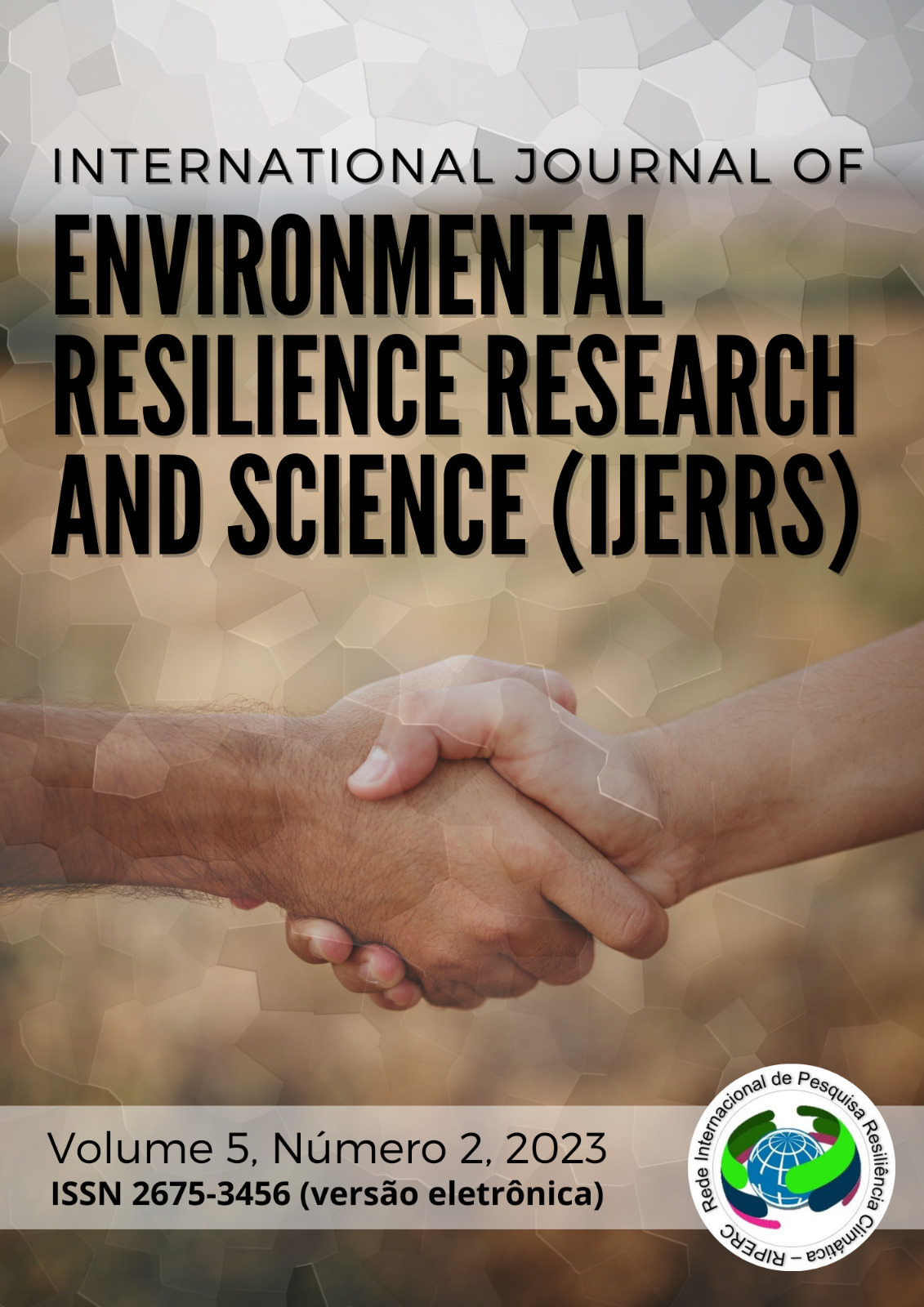Small chains of food commercialization, family farming and the countryside-city relationship
Small chains of food commercialization, family farming and the countryside-city relationship
DOI:
https://doi.org/10.48075/ijerrs.v5i2.30527Abstract
This study aims to discuss the relationship of short-term commercialization channels, such as the National School Feeding Program (PNAE) and the relationship countryside-city. This is a study developed through a qualitative approach of narrative literature review, from national and international materials that deal with the rural-urban theme. The first session presents the short marketing chains, concepts, training, importance and changes until reaching the current configuration and structure. The second session discusses the historical concepts of urban-rural relations and new ruralities. Finally, the third session describes the importance of short commercialization, such as the National School Feeding Program for family farming. It is concluded with this study that the commercialization of family farming through short supply chains is positive to promote income generation, contributing to the subsistence of farmers, reconnecting producers and consumers, providing these foods with healthier and safer foods, respecting the agricultural vocation, the environment, nutritional references and local food habits, promoting food and nutritional security and sustainable rural development.
Downloads
Published
How to Cite
Issue
Section
License
Copyright (c) 2023 International Journal of Environmental Resilience Research and Science

This work is licensed under a Creative Commons Attribution-NonCommercial-ShareAlike 4.0 International License.
Aviso de Direito Autoral Creative Commons
Política para Periódicos de Acesso Livre
Autores que publicam nesta revista concordam com os seguintes termos:
1. Autores mantém os direitos autorais e concedem à revista o direito de primeira publicação, com o trabalho simultaneamente licenciado sob a Licença Creative Commons Attribution que permite o compartilhamento do trabalho com reconhecimento da autoria e publicação inicial nesta revista.2. Autores têm autorização para assumir contratos adicionais separadamente, para distribuição não-exclusiva da versão do trabalho publicada nesta revista (ex.: publicar em repositório institucional ou como capítulo de livro), com reconhecimento de autoria e publicação inicial nesta revista.
3. Autores têm permissão e são estimulados a publicar e distribuir seu trabalho online (ex.: em repositórios institucionais ou na sua página pessoal) a qualquer ponto antes ou durante o processo editorial, já que isso pode gerar alterações produtivas, bem como aumentar o impacto e a citação do trabalho publicado (Veja O Efeito do Acesso Livre).
Licença Creative Commons
Esta obra está licenciada com uma Licença Creative Commons Atribuição-NãoComercial-CompartilhaIgual 4.0 Internacional, o que permite compartilhar, copiar, distribuir, exibir, reproduzir, a totalidade ou partes desde que não tenha objetivo comercial e sejam citados os autores e a fonte.









